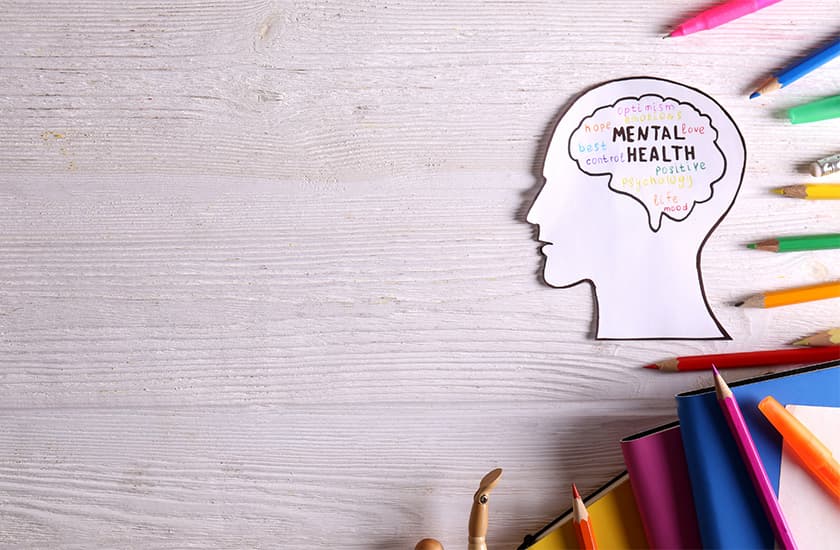Taking Care of your Mental Health & Wellbeing
With the global outbreak of COVID-19 it is natural that you may be feeling overwhelmed by the circumstances and current climate.
Learning to manage your anxiety is essential during this time of uncertainty and will not only help you make better, healthier decisions but will also improve your reaction to the crisis.
By staying calm, and keeping stress and anxiety levels at bay you are contributing to maintaining a healthy immune system. Make the best decisions possible for you and your community’s health.
5 Tips To Overcome Coronavirus Related Anxiety
1. Assess your risk level and act accordingly
Understanding your risk of exposure will help you be prepared and stay realistic. If you’re not at high risk of contagion, there’s no sense in worrying as if you were.
High Risk:
Someone is considered high risk when they live in the same household, are an intimate partner of, or provide care in a non-healthcare setting with a person who is symptomatic or who has a laboratory-confirmed coronavirus infection. People are also high-risk when proper precautions for home care and home isolation are not followed.
Medium Risk:
Someone is considered medium risk when they interact closely with a person who is symptomatic and who has a laboratory-confirmed coronavirus infection, without being exposed to high-risk close contact. Close contact is within a 4sqm radius.
Low Risk:
Someone who is within the same indoor environment as a person with symptomatic, laboratory confirmed coronavirus for a prolonged period of time but in a proximity that is not considered close contact (2 meters).
No Identifiable Risk:
Someone who interacts with a symptomatic laboratory-confirmed COVID-19 infection that does not meet the conditions for high risk, medium risk, or low-risk. This includes walking by the person or being in the same room for a short amount of time.
2. Practice good hygiene and self-care
Practicing good hygiene is one of the most effective ways to prevent yourself from being exposed to or contracting COVID-19. Good hygiene is also the element you have the most control over. You are responsible for your health practices and they can make a tremendous difference, for you or for someone who might be immuno-compromised and at greater risk of serious repercussions from infection.
Basic hygiene tips include:
• Washing your hands for at least 20 seconds with soap and water
• Avoiding touching your face, nose, mouth, and eyes
• Sanitising commonly used surfaces
• Avoiding close contact with people who are sick
• Staying home when sick
• Covering your cough or sneeze with a tissue (and throwing it in the trash!)
Don’t forget these basics! Ensure you are taking care of yourself by eating well, exercising, and practicing good sleep. Like hygiene habits, you are in control of these habits, which can be essential in times when you feel powerless.
3. Limit social media and news
How often are you reading up on the Coronavirus? Whilst it is important to stay educated in real time, also be conscious its not healthy to obsess over the details. By limiting your use of media you can reduce your stress.
There are a lot of sources of information, but please be aware that most of this is not verified. To keep in the loop in real time, we recommend to refer to the comprehensive resources prepared by the World Health Organization, Centre for Diseases Control & Prevention and the Australian Department Of Health. We are using this information, and its regular updates to inform the management strategies we develop.
4. Remind yourself that worrying and feeling powerless is normal
It is okay to feel worried, anxious, and overwhelmed by what is happening. It’s a perfectly normal response, but one that you have some control over.
To avoid obsessive thoughts about the virus, focus on what is within your control, practice good hygiene and good physical and emotional self-care. Meditation and mindfulness activities may also assist in keeping your mind rested during this time.
5. Talk to your counsellor about it
If you are trying to limit exposure and avoid contact with those potentially infected with COVID-19, talking with a counsellor by phone or online is a safe way to work through your anxiety that presents no threat of infection.
While the hype and hysteria may be driving press coverage, remember that worrying, or worse, panic, may impact your health. It’s okay and normal to worry, but try to focus on things that are within your power to control.
